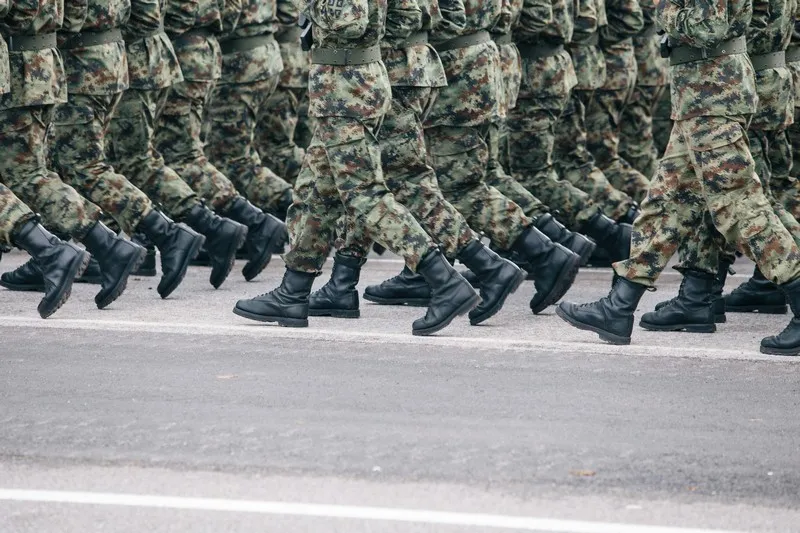Militarism is a concept that holds significant relevance in the field of sociology. It refers to the ideology and practices that prioritize the use of military power and values in society. In this article, we will outline and explain the concept of militarism, its origins, manifestations, and its impact on various aspects of social life.
Origins of Militarism
Militarism has its roots in historical and cultural contexts. It often emerges during times of conflict, war, or when a society perceives threats to its security. The glorification of military power and the belief in its effectiveness in resolving conflicts contribute to the development of militaristic ideologies.
Manifestations of Militarism
Militarism can manifest in various ways within a society:
- Military Spending: One of the key indicators of militarism is excessive military spending. Governments that allocate a significant portion of their budget to defense and military capabilities demonstrate a militaristic approach.
- Arms Race: The arms race, where nations compete to acquire more advanced weaponry and military technology, is another manifestation of militarism. This competition often leads to an escalation of tensions and an increased likelihood of conflict.
- Military Culture: A militaristic society often glorifies military values such as discipline, hierarchy, and obedience. Military culture can influence various aspects of social life, including education, media, and popular culture.
- Aggressive Foreign Policy: Militaristic societies tend to adopt aggressive foreign policies, prioritizing the use of force and military intervention to achieve their objectives.
- Paramilitary Organizations: The presence of paramilitary organizations, such as private military companies or militias, can indicate the prevalence of militarism within a society.
Impact of Militarism
Militarism has far-reaching consequences for social, political, and economic systems:
- Political Influence: Militarism can lead to the militarization of politics, where military leaders or values exert significant influence over decision-making processes.
- Threat to Civil Liberties: The prioritization of military power can result in the erosion of civil liberties, as governments may justify restrictions on individual freedoms in the name of national security.
- Resource Allocation: Excessive military spending can divert resources away from social welfare programs, education, healthcare, and infrastructure development, impacting the overall well-being of a society.
- Culture of Violence: A militaristic society may promote a culture of violence, glorifying war and aggression while devaluing peaceful resolutions to conflicts.
- Gender Dynamics: Militarism often reinforces traditional gender roles and stereotypes, associating masculinity with military strength and femininity with vulnerability.
Countering Militarism
Addressing militarism requires a multi-faceted approach:
- Peace Education: Promoting education that emphasizes peaceful conflict resolution and critical thinking can help counter militaristic ideologies.
- Demilitarization: Governments can prioritize disarmament and redirect military spending towards social welfare programs, education, and healthcare.
- Civil Society Movements: Grassroots movements advocating for peace, human rights, and disarmament play a crucial role in challenging militaristic narratives and promoting alternatives.
- Dialogue and Diplomacy: Encouraging dialogue and diplomatic negotiations as primary means of resolving conflicts can help reduce reliance on military solutions.
Conclusion
Militarism, as an ideology and set of practices, has a profound impact on societies. By understanding its origins, manifestations, and consequences, we can work towards countering militaristic tendencies and promoting a more peaceful and equitable world.





